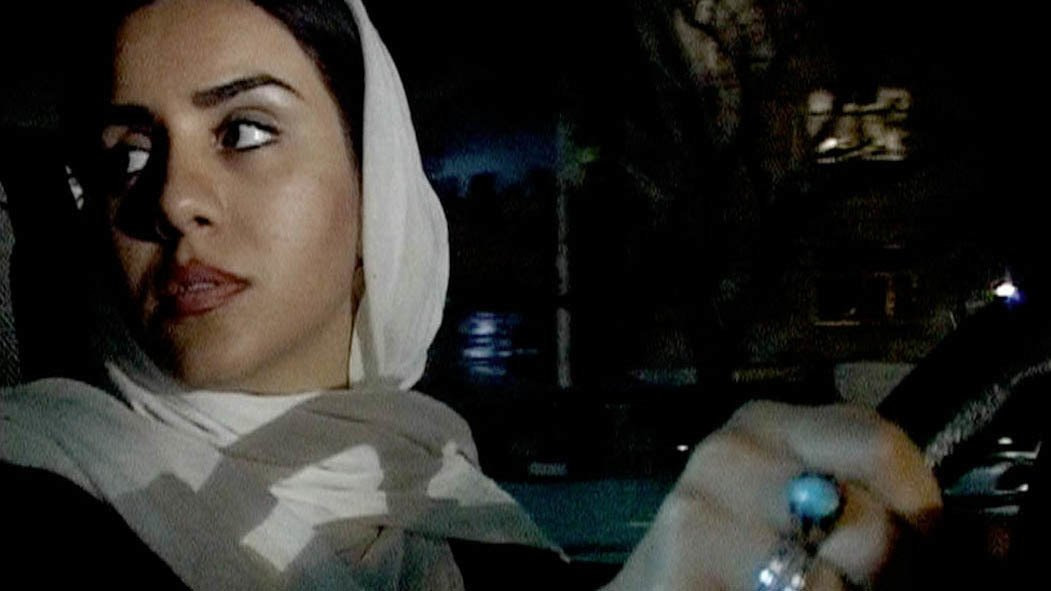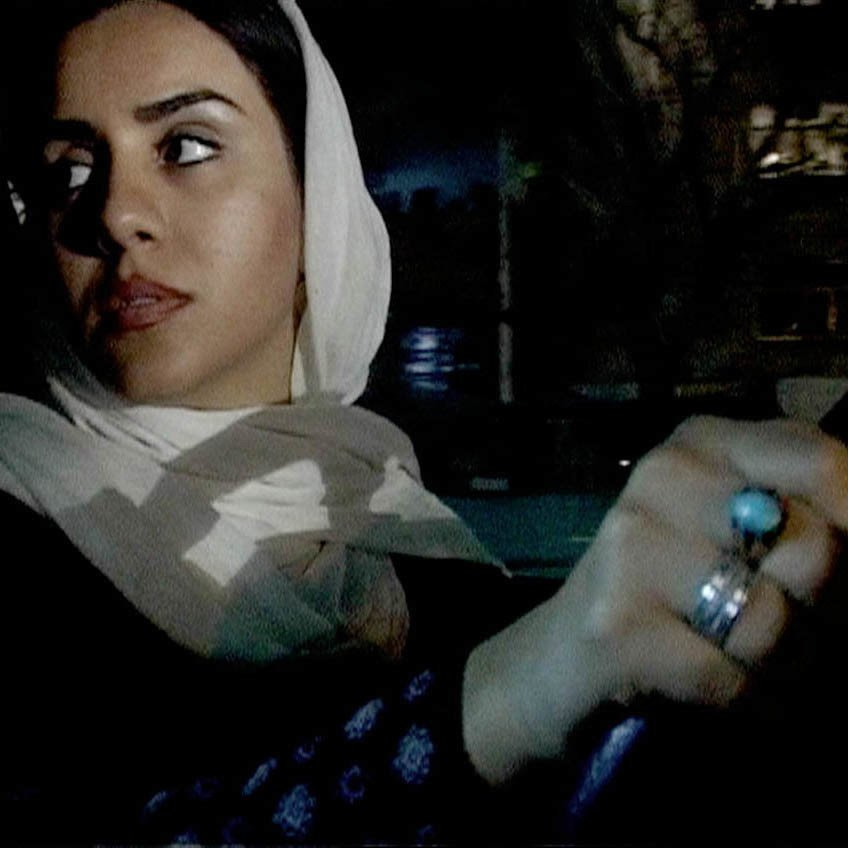An unnamed woman played by Iranian artist and actress Mania Akbari drives a taxi in Tehran. Her passengers are her relatives as well as random clients: her son, who accuses her of selfishness because of her divorce; her sister, who is more patient in marriage yet is also having trouble with her child; a senior lady who prays in a mausoleum three times a day; and a young woman whose fiancé is unsure about their wedding. Ten taxi passengers represent polar worldviews—from devout religiosity to cynical, practical wisdom, and, without noticing, the taxi driver assimilates their ideas, changes herself, and changes her fellow travelers.
This experimental minimalist comedy-drama marked a new stage in Abbas Kiarostami’s career. For the first time, his protagonist is not a man but a contemporary woman, and the film raises questions of gender, identity, and female sexuality—and their relationship with religion and the country’s patriarchal regime. Ten premiered in Cannes in 2002.
Most actors in the kaleidoscopic docufiction, shot on two digital cameras outside the windscreen, play themselves. The protagonist’s sister is played by Mania Akbari’s real sister Roya, and her son by Akbari’s daughter and frequent collaborator queer artist Amina Maher. Based on Kiarostami’s personal experiences and Akbari’s divorce, the script was written over two years. Combining scripted scenes rehearsed over months with improvised episodes (such as Akbari’s squabbles with other drivers, most of whom are men), Kiarostami paints a picture of a vibrant but stuffy city, where an independent freethinking woman has no right to live—“ in order to live she must die.”
As filming women without a head covering is forbidden in Iran, many stories that involve women are set outside homes. In Ten, the events unfold inside a car, like in Kiarostami’s earlier work Taste of Cherry. The paradoxical nature of the car is in focus: its space is private yet public. Unable to discuss the divorce with her son at home, in the presence of her new husband, Mania talks to him in the car. But, when they start quarreling, her son asks Mania not to shout, lest the passers-by hear them. The car acts as a safe space, where women can freely exchange ideas, and one of them even takes off her head covering. Adult men are almost entirely absent from the film: the protagonist’s ex-husband emerges but for a moment on the other side of the busy road.
The minimalist narrative model developed in Ten has recurred in many later Iranian films, from Kiarostami’s own documentary 10 on Ten (2004) devoted to the making of Ten and Mania Akbari’s 10+4 (2007) about her struggle with cancer, to Jafar Panahi’s famous Taxi (2015).
The film will be screened in Persian with Russian subtitles.
Ten
Director: Abbas Kiarostami
Iran, 2002. 89 min. 16+

